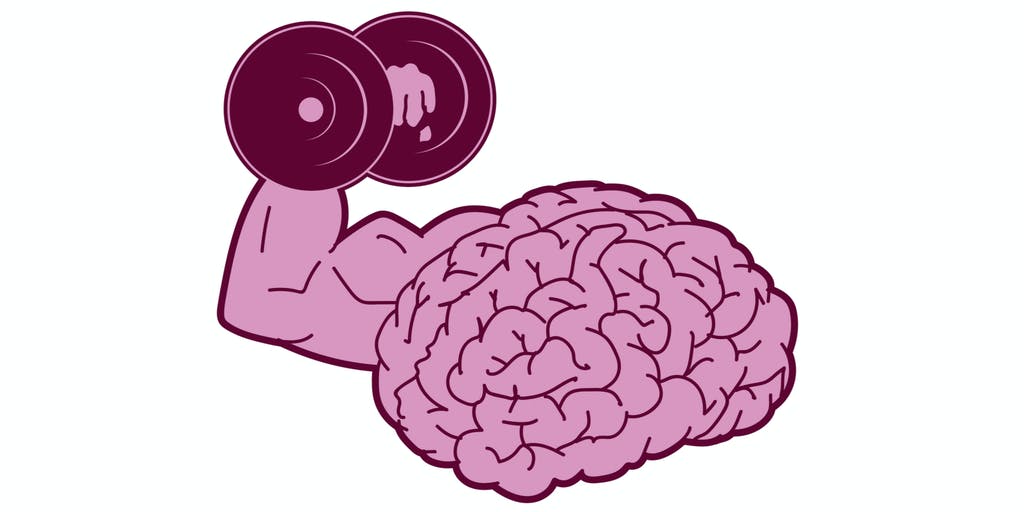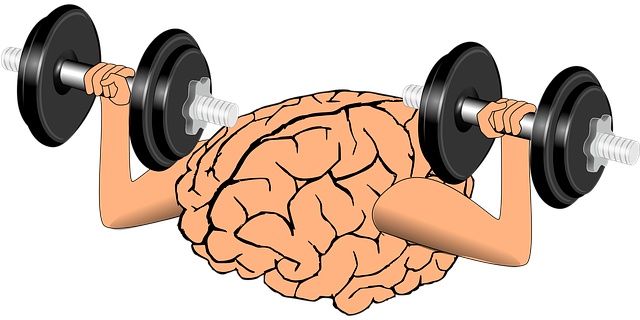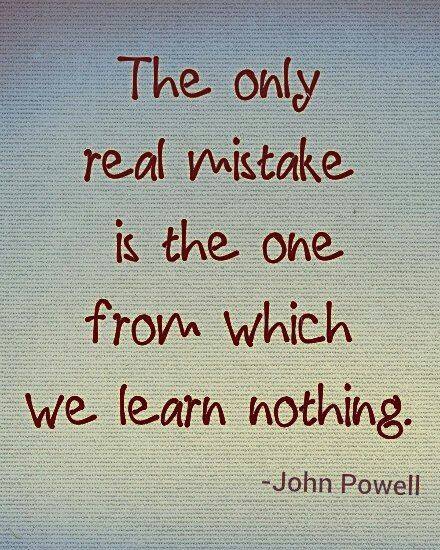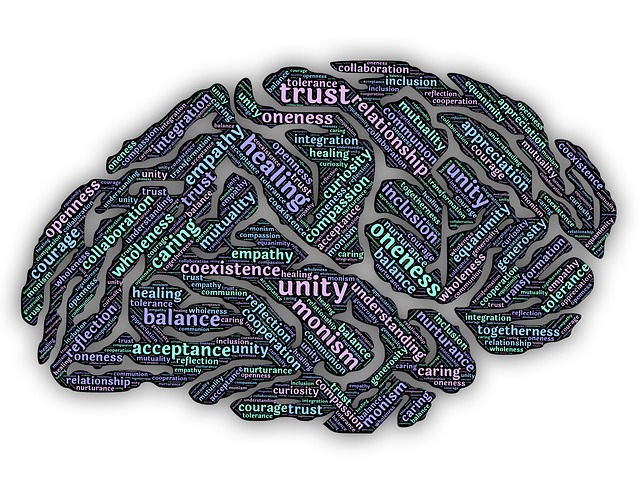
14 STEPS TO DEVELOP A GROWTH MINDSET
HOW TO DEVELOP A GROWTH MINDSET
If you want to develop a growth mindset, you have to Focus on learning even from your mistakes and improving day by day. In this post you will understand the steps you have to take to develop a growth mindset.

14 STEPS TO DEVELOP A GROWTH MINDSET
1. Find out what your gifts and talents are
Your gifts and talents will help you develop a growth mindset, but they can only do so if you know what they are. You must be self-aware enough to use and hone the gifts you already have.
Begin by thinking about the aspects in which you excel.
For instance, what is the easiest thing for you? What subjects were you always good at in school? or what are you so passionate about?
You can ask for the opinions of your families and friends, because more often they can see talents that you can’t. For example, you may have a natural ability to talk to anyone about anything. You may not have even noticed this ability; however, it is a skill that is useful in many fields.
2. Know the challenges:
After you’ve find out your gift and talent; you need to know the challenges that pertains to that gift or talent. However there are 3 steps to this
1. Identify the challenges
2. Find solutions to the challenges
3. Confront your challenges and master your gift.
3. Give yourself credit for your efforts:
This can help you develop a growth mindset faster. For every designated period of time to work on something, reward yourself with a fun break or gift. This can help you stay focused on the effort.
4. Ask for opinions about your efforts:
To help you become more mindful, ask for opinions about the work you do at the office and at home. At times it can be painful but feedback can help you learn, improve, and grow, challenging you to do better next time.

5. Talk to a therapist:
A qualified counselor or therapist can help you identify negative thought patterns and other obstacles that prevent you from developing a growth mindset.
A therapist can make an assessment of your personal relationships, your professional development, and your personal experiences. It can also give you “tools” to combat negative thoughts, improve your self-esteem, and offer support when you experience relapses.
6. Think of failures as mistakes:
Some people see failure as a reason to quit. They have failed and therefore it is time to stop. However, people with a growth mindset see failures as simple mistakes. The difference is that a mistake is something that can be learned. Once you’ve learned from your mistakes, you can move on and do better in the future.
When you relapse, spend some time reflecting on the mistake. What went wrong? Could you have done something differently to prevent the problem? Write down your findings so that you can review them and be aware of them next time.
7. Remember that mistakes do not define who you are:
Another problem you can have with failure is letting it define your idea of yourself. When you do, you start to see yourself as a failure.
A mistake is something you make. It is not who you are as a person. If you learn to separate the two, it will be easier for you to have a growth mindset and learn from your mistakes.
8. You must be willing to try new things:
Part of developing a growth mindset is always working to grow and challenge yourself. That means you have to try new things. However, when a person tries new things, they are subject to making mistakes, which prevents many people from doing so. The most important thing is to keep trying and challenging yourself.
9. Develop a strategy to hone your intelligence
Focus on hard work, not your natural abilities. If you believe that natural intelligence is the only way to succeed, you will probably fail.
Most people who achieve major successes work very hard to get there, even if they have some natural talents. You will also have to believe in the power of hard work to continually hone and master your skills.
It is important to apply this principle to your everyday life. Work every day to master your skills. Don’t give up because you don’t understand something on the first try.
Don’t try to improve all of your skills at the same time. Think about what is most important, then work on that first. Once you’ve started to master that skill, work on the next skill.

10. Don’t make the same mistake over and over:
Although this advice may seem simple, in practice it is not. When you try to make something work, you can tend to come back to the same solutions over and over again. The key to breaking that cycle is to approach the problem from different angles to find new solutions.
One way you can implement this strategy is to think about your assumptions on a project. Sometimes changing your assumptions can change the way you view the problem.
11. Be persistent .
Persistency is absolutely essential to developing a growth mindset. This is because persistency is required to keep working to solve problems and to keep developing intelligence and skills. Even if it seems that a problem can never be solved, it is important to continue insisting. This is the way the real work is done.
Being persistent does not mean being inflexible, don’t be afraid to take a break if you feel overwhelmed or frustrated. Just make sure you rework the problem. You can check out my post on being persistent(put link)
12. Learn from people and situations:
To develop a growth mindset, you need to constantly expand who you are. That means continually learning more about the world around you through whatever medium you can use. The more you learn, the more you will grow.
Read books. Take classes. Visit museums and educational sites. Watch documentaries. Take advantage of any opportunity to learn about the world around you.
Also, learn from other people. Talk to people in cafes and ask them about their world. Ask for help from friends, family, and colleagues when you don’t know something. Let other people’s experience guide you.
13. Push yourself even more:
Without realizing it, you may not be trying your best because sometimes you need a challenge, you might need to demand more of yourself. Sometimes that competition can come from within, which means that you always want to improve yourself, that you always try to be better. Each time you do this, you will learn a little more about yourself and the world.
14. See changes as opportunities:
We all tend to be scared of changes, big or small, and we tend to resist them as a first reaction.
Think that this new experience may be an opportunity to expand your knowledge base.
CONCLUSION
To develop a growth mindset, find out your talents, work on your mistakes, improve your intelligence, adapt to changes and be persistent.


